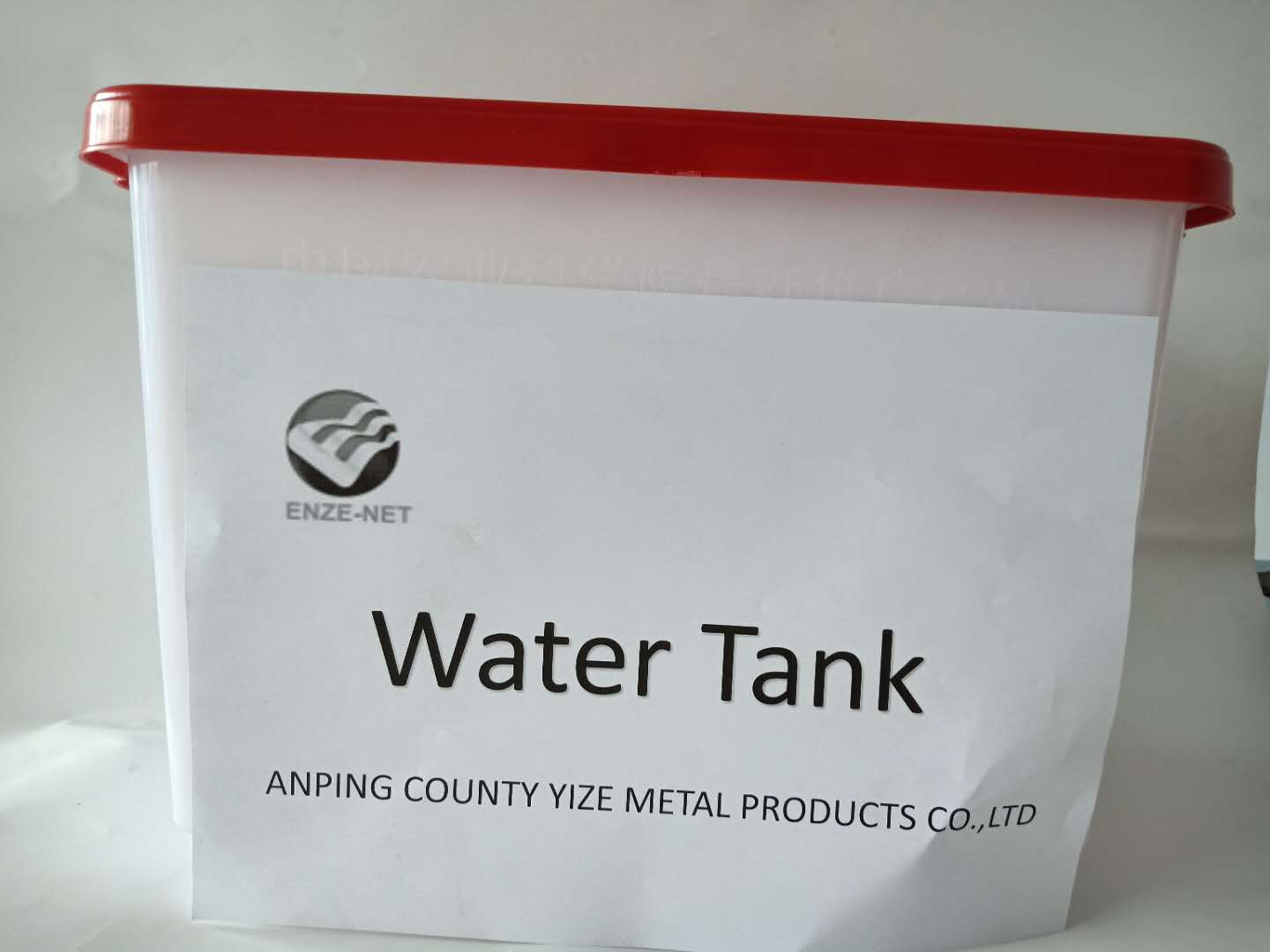commercial chicken cages for sale
Sep . 19, 2024 19:20 Back to list
commercial chicken cages for sale
Commercial Chicken Cages for Sale A Comprehensive Guide
In the poultry industry, the welfare and productivity of chickens are paramount. One crucial element that influences both is the type of housing provided to these birds. Commercial chicken cages have become increasingly popular among poultry farmers for their efficiency and design. This article explores the various options available for sale, the benefits of using cages, and essential considerations for poultry farmers.
Types of Commercial Chicken Cages
When it comes to commercial chicken cages, there are several types available, each catering to different farming needs. The most common types include
1. Battery Cages These cages allow multiple hens to be housed in a small space, maximizing production efficiency. They provide a controlled environment that minimizes disease transmission and simplifies cleaning.
2. Enriched Cages These are larger than battery cages and provide hens with additional space along with amenities such as perches and nesting areas. Enriched cages offer a compromise between intensive farming and animal welfare.
3. Free-range Cages These systems allow chickens to roam within a designated area while still providing the safety of a cage. This approach promotes natural behavior and can improve the overall quality of the eggs produced.
4. Floor Cages Ideal for broilers or egg-laying hens, floor cages offer a more spacious environment, which can enhance the welfare of the birds while still utilizing structured management practices.
Benefits of Using Commercial Chicken Cages
Investing in commercial chicken cages provides several advantages
- Efficient Space Utilization Cages allow farmers to maximize the number of hens while maintaining manageable environments, leading to higher productivity levels.
commercial chicken cages for sale

- Improved Hygiene Cages simplify the cleaning process, reducing the risk of disease outbreaks that can occur in litter-based systems
.- Egg Production Studies show that hens in cages often produce more eggs compared to those raised in less structured environments.
- Labor Savings With caged systems, the amount of labor required for feeding, egg collection, and maintenance can be reduced, ultimately improving operational efficiency.
Considerations for Purchase
Before purchasing commercial chicken cages, farmers should consider several factors
- Local Regulations Laws regarding animal welfare can vary significantly by region. It’s crucial to comply with any local regulations regarding cage dimensions and stocking densities.
- Cost The initial investment in cages can be substantial. Farmers should assess their budget and explore financing options if necessary.
- Future Expansion Consideration for future growth is essential. Opt for modular cage systems that can be easily expanded as the business grows.
- Supplier Reputation Look for reputable manufacturers with positive reviews and a track record of producing high-quality cages.
Conclusion
Commercial chicken cages play a vital role in modern poultry farming by optimizing space and enhancing productivity, all while considering animal welfare. With numerous options available, farmers can choose the best system that suits their needs, ensuring a sustainable and profitable poultry operation. Investing in the right cages not only ensures the well-being of the chickens but also contributes to the overall success of the farming enterprise.
-
Automatic Feeding Line System-Pan Feeder Nipple Drinker|Anping County Yize Metal Products Co., Ltd.
NewsJul.29,2025
-
Hot Sale 24 & 18 Door Rabbit Cages - Premium Breeding Solutions
NewsJul.25,2025
-
Automatic Feeding Line System Pan Feeder Nipple Drinker - Anping County Yize Metal Products Co., Ltd.
NewsJul.21,2025
-
Automatic Feeding Line System Pan Feeder Nipple Drinker - Anping County Yize Metal Products Co., Ltd.
NewsJul.21,2025
-
Automatic Feeding Line System - Anping Yize | Precision & Nipple
NewsJul.21,2025
-
Automatic Feeding Line System - Anping Yize | Precision & Nipple
NewsJul.21,2025






